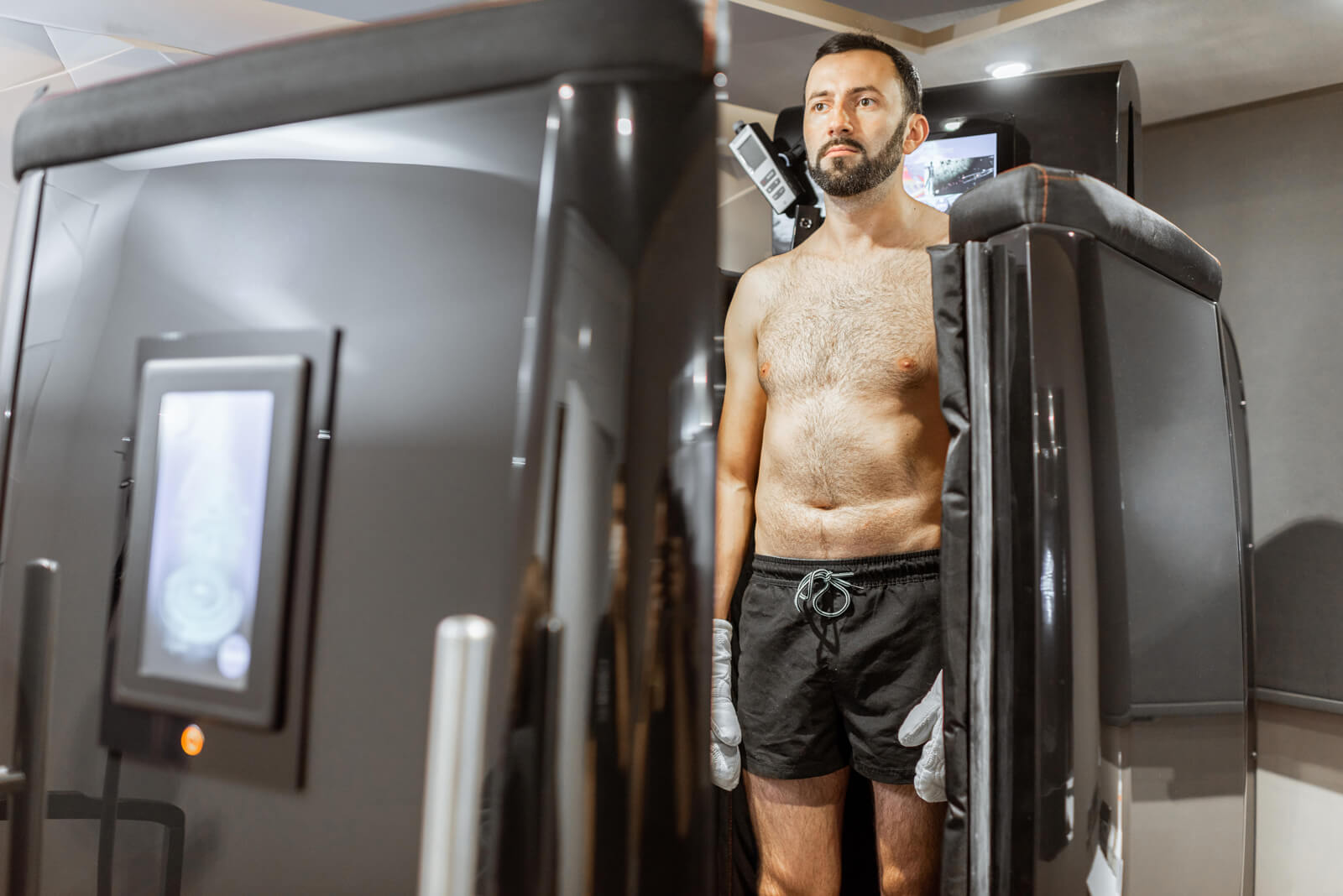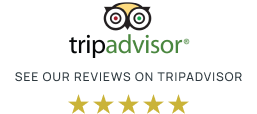Leadership requires a clear head and focused concentration for problem-solving and long-term strategic thinking. However, many executives deprioritize their personal health, thinking they are benefitting their businesses, when they are actually depriving their companies of their optimum performance. Creating healthy habits through small changes can produce huge results that can lead to a more rewarding life, both at home and at work.
Here are five key tips (plus one bonus suggestion) for busy executives to incorporate into their weekly schedules that can lead to increased mental and physical performance.
1. Get enough sleep.
With pressing meetings, unpredictable travel, and the daily work-/home-life balancing act, too many executives sacrifice sleep in favor of work. Ironically, while less sleep might seem like a viable short-term solution for an increased workload, it can actually have the opposite result, leading to increased on-the-job mistakes, lack of clear focus, and poor overall decision-making. Additionally, chronic sleep loss and sleeping disorders can increase risk for serious health conditions, such as:
- Heart problems
- High blood pressure
- Stroke
- Diabetes
2. Eat and drink well.
Food and fluids are the fuel that keep the mind and body running smoothly. Busy executives often forego quality food and regular mealtimes in favor of rushed snacks, junk food, and hasty consumption of greasy fast food. Poor diet choices lead to a myriad of health problems, many of which can be avoided with conscious awareness of one’s eating habits. Executives should remember the following four suggestions:
- Don’t skip meals. This can lead to fluctuations in blood sugar, loss of energy, and increased between-meal snacking.
- Snack smart. Reach for fresh fruit, crisp veggies and crunchy nuts instead of candy or fatty potato chips.
- Ditch the soda or energy drinks in favor of water or green tea since hydration is critical for brain function.
- Cut back on alcohol. In addition to well-documented problems like alcoholism and liver disease, alcohol consumption clouds the mind and slows cognitive processes. Executives can remain sharp in business and networking situations by the bartender for sparkling water or natural fruit juice.
3. Exercise.
With more and more high-level corporate positions requiring more hours in front of a computer screen or sitting at the board room conference table, daily exercise is often the first thing to be cut from the schedule. Unfortunately, many busy professionals see exercise as a luxury, not a necessity. However, studies have shown that exercise actually improves productivity due to increased stamina, more energy, and a clearer mental focus. A twenty-minute brisk walk at lunch is enough to get the heart pumping and can help clear the head by getting out of the office.
4. Meditate.
Meditation can not only lead to a calmer general demeanor but can also improve one’s outlook on life and lead to creative insights about business solutions.
Despite common misconceptions about meditation, it doesn’t require building a private room or subscribing to a specific set of spiritual or religious beliefs. Instead, it is simply setting aside a small amount of quiet, undisturbed time each day (around ten minutes is sufficient) to relax, clear the mind of thoughts, and allow space for focused concentration. Far from being a strictly eastern or New Age practice, many corporate executives and leaders in their fields, such as Oprah Winfrey, Rupert Murdoch and Russell Simmons espouse the benefits of daily introspection and meditation.
5. Get regular medical check-ups.
Health screenings and check-ups can identify imbalances and irregularities before more serious conditions take hold. The overall health of a corporation can be seriously impacted if a key executive is preoccupied with personal health problems. Executives should get regular screenings for the following:
- Blood pressure abnormalities
- Body scans
- Blood work
- Breast/cervical cancer for women
- Prostate/testicular cancer for men
- Stress test for overall health
Bonus tip: Take a vacation.
The corporate world can be non-stop and a trend for many executives is to forfeit their annual vacations, thinking that they’re benefitting the company. However, a week or more away from the office and out of one’s regular routine can open up creative solutions to workplace challenges by unlocking fresh inspiration. A quality vacation can also be the proving ground for some of the above lifestyle changes, like meditation, getting enough sleep and trying new forms of fun exercise. Finally, vacations refresh the spirit by allowing executives to get back in touch with their families and with themselves.






